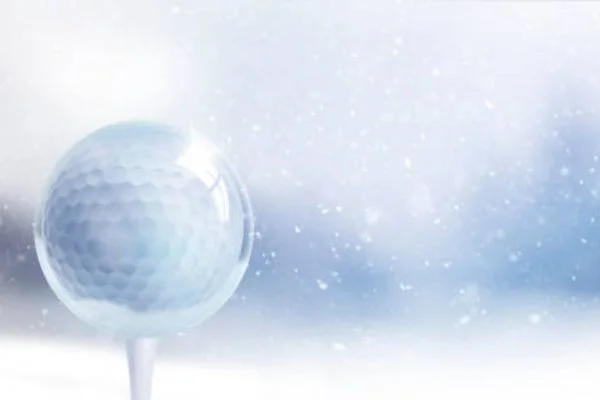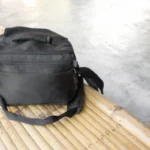If you are an avid golfer, you know that playing in cold weather can significantly affect your game. The right golf ball can make all the difference when the temperatures drop. Knowing the benefits of compression golf balls for cold weather can help you choose the best ball for your game and give you an edge over other players. And know what compression golf ball for cold weather.
What is Compression?
Golf ball compression measures how much a golf ball deforms under pressure from a club head during impact. The higher the compression rating, the less it will deform on contact and vice versa.
Therefore, a lower-compression golf ball will be more responsive and feel softer off the clubface than one with higher compression ratings which are firmer and provide more distance.
Generally speaking, golfers with faster swing speeds should opt for higher compression balls, while those with slower swings should opt for lower compression balls.
Also Read: What Kind Of Vice Golf Ball For Mid Handicap?
Benefits of Compression Golf Balls in Cold Weather
Low-compression golf balls perform better in cold temperatures than high-compression ones due to their increased elasticity. In addition, low-compression balls retain heat better than high-compression balls, so they stay warm longer, even in colder temperatures.
This means that they can keep their shape longer, offer more control off the tee or from short distances, and provide more distance due to less spin off the face of the club. Low compression also helps reduce sidespin, making it easier to hit straight shots rather than slicing or hooking them.
Additionally, they tend to have softer covers, allowing them to generate more spin around greens, giving you greater control when putting or chipping.
Also Read: What Is The Density Of A Golf Ball?
What Compression Golf Ball Should You Use in Cold Weather?

If you’re a golfer living in colder climates, you’re probably familiar with the challenge of playing your best game during winter. One factor that often gets overlooked is choosing the right golf ball for cold weather.
The wrong golf ball will be too hard to compress if the temperature is too low, leading to decreased distance and accuracy. Let’s consider what compression golf ball you should use in cold weather.
Compression Rating
The compression rating of a golf ball indicates how much it compresses when hit with a club. Generally speaking, golf balls with higher compression ratings are firmer and more resilient than those with lower compression ratings.
Low-compression balls are easier to compress but don’t travel as far as high-compression ones. So when it comes to playing in cold weather, you need to choose a golf ball that won’t be too hard to compress due to the cold temperature.
Types of Golf Balls
Two main types of golf balls are available on the market—two-piece and three-piece balls. Two-piece golf balls are usually made from one solid piece of rubber, making them very durable but challenging to compress when cold outside.
On the other hand, three-piece balls have an inner core surrounded by a mantle layer and an outer cover, making them softer and easier to compress in cooler temperatures. So if you’re looking for a golf ball that will perform well in cold weather, a three-piece is likely your best bet.
Material Considerations
Another important factor when choosing a golf ball for cold weather is material composition. For example, golf balls made from surlyn or balata materials generally have higher compression ratings than those made from urethane or polyurethane materials which means they will be harder to compress in colder temperatures.
On the other hand, urethane and polyurethane materials tend to be softer and easier to compress even in cooler temperatures, so they may be better suited for playing during winter.
Also Read: How Much Do Range Golf Balls Cost?
Bottom Line:
Now you know, What Compression Golf Ball For Cold Weather? With so many advantages to using low-compression golf balls in cold weather, it’s easy to see why they are so popular among recreational and professional golfers.
Whether looking for greater distance off the tee or more precise control around greens, low-compression golf balls are sure to improve your game in any temperature! So if you’re wondering what kind of golf ball is best for cold weather – look no further than a low-compression model!



